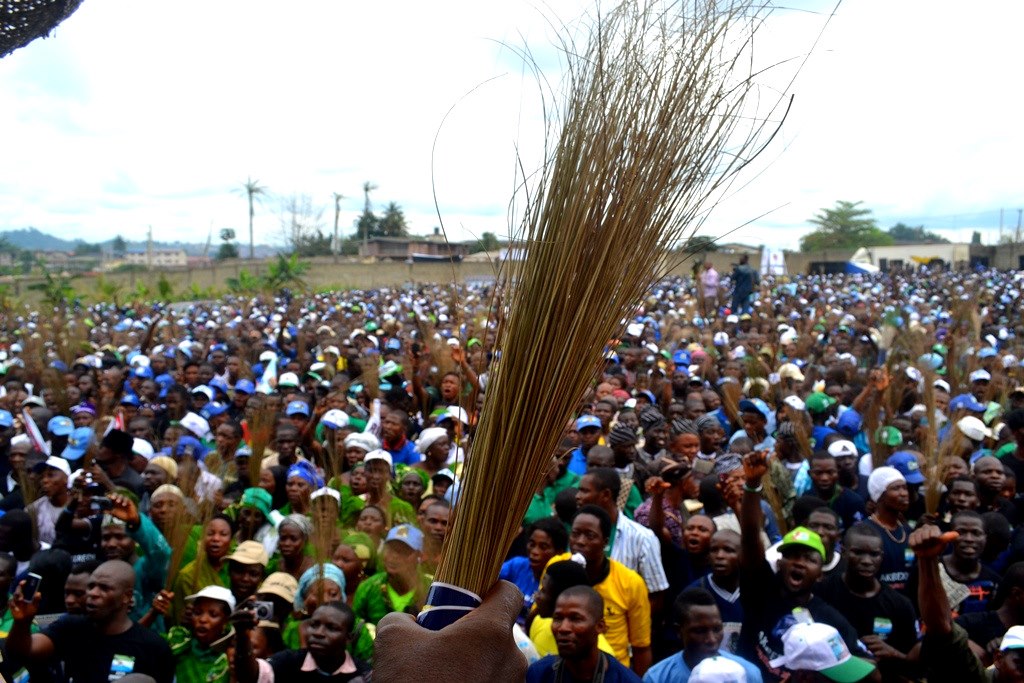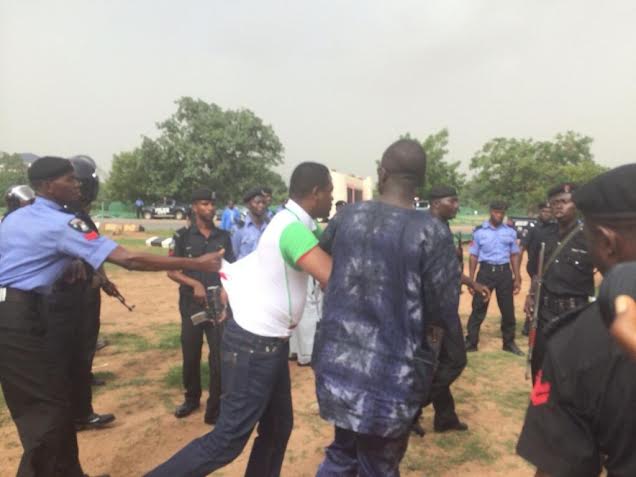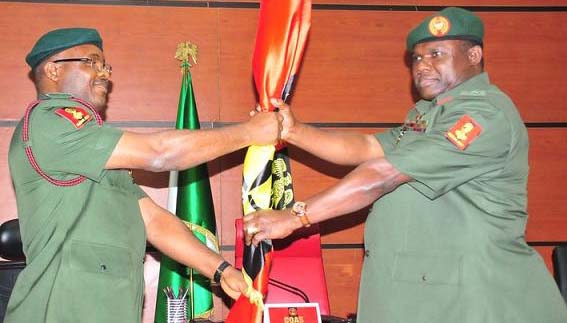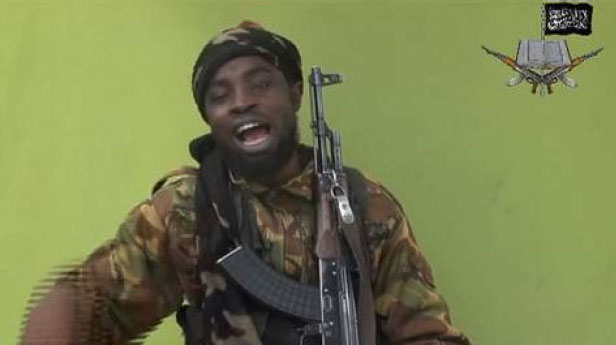The All Progressives Congress (APC) has taken an official position on the Chibok abductions and the general insecurity in the north-east of Nigeria, listing a series of measures the federal government should adopt to secure lives and property.
Speaking to the media in Lagos, the interim national chairman of the party, Chief Bisi Akande, said Nigeria is at war and urgent measures must be taken to salvage the country.
He said: “Our nation stands on the rim of crisis. A stupendous national disaster beckons. But this current leadership can help avert disaster if they wake up to what true governance is. The time for excuses and half-measures is long past. The well being of the nation hangs in the balance. If we do not act decisively, the demands of the moment will find us wanting and history will issue a terrible verdict against us.
“We seek to protect this nation and her children. We seek to establish a legacy that shows the feats to which this nation can aspire when it stands united and strong against the threat of evil. We seek to make Nigeria a land where no one will ever have to demand that our girls be returned because in a better, more secure Nigeria they never will be taken!”
Advertisement
Counter-terrorism strategy
The Nigerian government should reform its counter-terrorism strategy to include both military and non-military approaches, if it hopes to win the war against Boko Haram, APC said.
“The government’s response against Boko Haram has reached a strategic stalemate – a situation of parity in impacts,” Akande said.
Advertisement
“This strategic stalemate is to Boko Haram’s advantage for it wins as long as it exists and continues to disrupt and terrorize,” he added.
Effective approaches to end the group’s attack will include developing a counter-terrorism strategy, building a new intelligence gathering infrastructure, and improving contingency planning, Akande said.
Others include pursuing and aligning military with political solutions, embarking on an economic development plan for northern Nigeria, as well as involving civilian peace building organisations in the search for a resolution of the crisis, he said.
Boko Haram abducted over 200 girls at night from their school in Chibok, Borno state in northern Nigeria on April 15.
Advertisement
Abukakar Shekau, the sect’s leader, has threatened to sell them into slavery, saying the girls should not have been in school in the first place but should be married.
‘Lawlessness and disorder’
“Twenty six days later, we neither know where they are nor are we any close to knowing it, going by available information. Yet, 11 more girls have been abducted in Warabe,” Akande said.
He said the decisions and actions that the nation takes “in the next few weeks and months” may determine whether “we emerge from the pit into which violent terrorism has pushed us or shall we sink deeper still into lawlessness and disorder”.
Advertisement
Since it launched attacked in 2009, Boko Haram has killed thousands of people. In 2010, it bombed the United National building in Abuja, Nigeria’s capital, and also bombed the headquarters of the Nigeria Police, also in Abuja.
It has bombed churches, mosques and other places.
Advertisement
This year, it has carried out two car-bomb attacks in Nyanya, suburb of Abuja, killing about 100 people with scores injured.
Akande blamed government’s poor response to the abductions to lack of known counter-terrorism strategy by the Nigerian military, which is reflected in the “chaos and confusion” surrounding the government’s intention to explore a negotiated settlement by dialoguing with Boko Haram.
Advertisement
It is also reflected in the lack of use and coordination of military, political and economic means to the problem.
Northern Nigeria
Advertisement
Government should also embark on an economic develop plan for northern Nigeria, noting that a proposed recovery fund for the North East, the epicentre of the conflict, is “grossly inadequate window dressing”.
Nigeria’s north-east is currently considered the poorest part of the country, which in April became Africa’s economy after rebasing its gross domestic product.
While more financial resources are needed, Akande noted that economic revival goes beyond providing substantial funds and should be guided by clear objectives, roles of public and private sectors and civil society groups.
The APC chairman thanked countries and international organizations – Britain, Canada, China, France, US, ECOWAS and the UN – and others for offering to assist Nigeria, in response to government’s request.
This development, he said, justifies the party’s previous call, which he renewed, that the response to the threat of insurgency, should be regionalized to involve the Economic Community of West African States and the African Union.
Multinational security operations
This will include the deployment of multinational security operations across the Sahel to track and hunt down Boko Haram operational chain, he said.
“It is clear that Boko Haram is no longer a ‘Nigeria-only’ problem, but now a regional security menace that requires regional responses,” he said.
Akande repeated APC’s call on the National Assembly to probe the use of the nation’s defence budget, especially with regard to the prosecution of the war against the Islamists.
While the party believes that Nigeria “surmount this insurgency”, he said stories emerging from the front in the battle with Boko Haram have been saddening: low morale among our troops, obsolete equipment, including guns that fail to fire and armoured personnel carriers that won’t move, given to our troops, and cases of deserters.
1 comments






This is refreshing. Proud to be associated with you at The Cable…